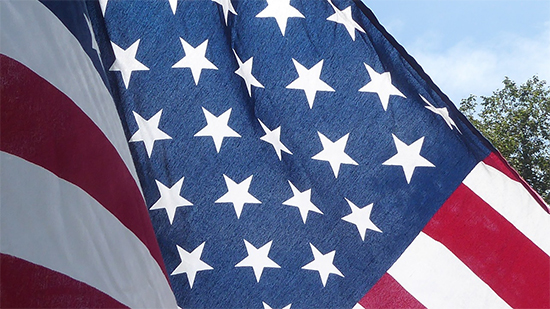President Trump’s travel ban (part two) is expiring, so his administration has made moves to restrict travel to the United States from several countries.
According to a new executive order, travel visas to the United States will be banned or restricted from five of the six countries blocked in the previous ban. Those countries are Iran, Libya, Somalia, Syria, and Yemen. Sudan was left out of this order. But the order added three new countries – Chad, North Korea, and Venezuela.
The Trump administration is taking a much more measured approach this time around. The claim is that these bans are being put in place on a nation-by-nation basis and are not meant to be permanent. Rather, these restrictions will remain in place until the governments of the affected countries can meet certain travel security criteria. The department of Homeland Security claims that travelers from these eight countries cannot be properly vetted because their passports do not electronically embed traveler information or the country refuses to share criminal record information, for example.
President Trump stated that the government would consider lifting the bans and restrictions if and when the affected countries become compliant with America’s information-sharing protocols. A representative of the Department of Homeland Security said that some of the countries were willfully non-compliant, whereas others want to be compliant but simply haven’t been to meet the standard just yet. The restrictions will go into effect on October 18.
For Iran, nearly all travel visas will be blocked. The few exceptions will be student visas and exchange visitors.
All immigrant, business, and tourist visas will be suspended for Chad, Libya, and Yemen.
For Venezuela, a country currently wrapped in immense political turmoil, all visas for government officials traveling on business or for tourism will be blocked.
For Somalia, immigrant visas will be blocked, and other travelers will be subject to increased scrutiny.
The American Civil Liberties Union was quick to point out that six of the countries affected by the new ban are Muslim-majority countries. The two exceptions are North Korea and Venezuela. Very few North Koreans ever visit the United States, and the Venezuelan ban only affects government officials, so this ban is still essentially a dressed-up Muslim ban, according to the ACLU.
Whatever your thoughts on the ban, we’re happy to help you gain more information. We’ll keep you up to date on any new developments, and we’re always available to answer your questions. Simply contact the Swift team!


